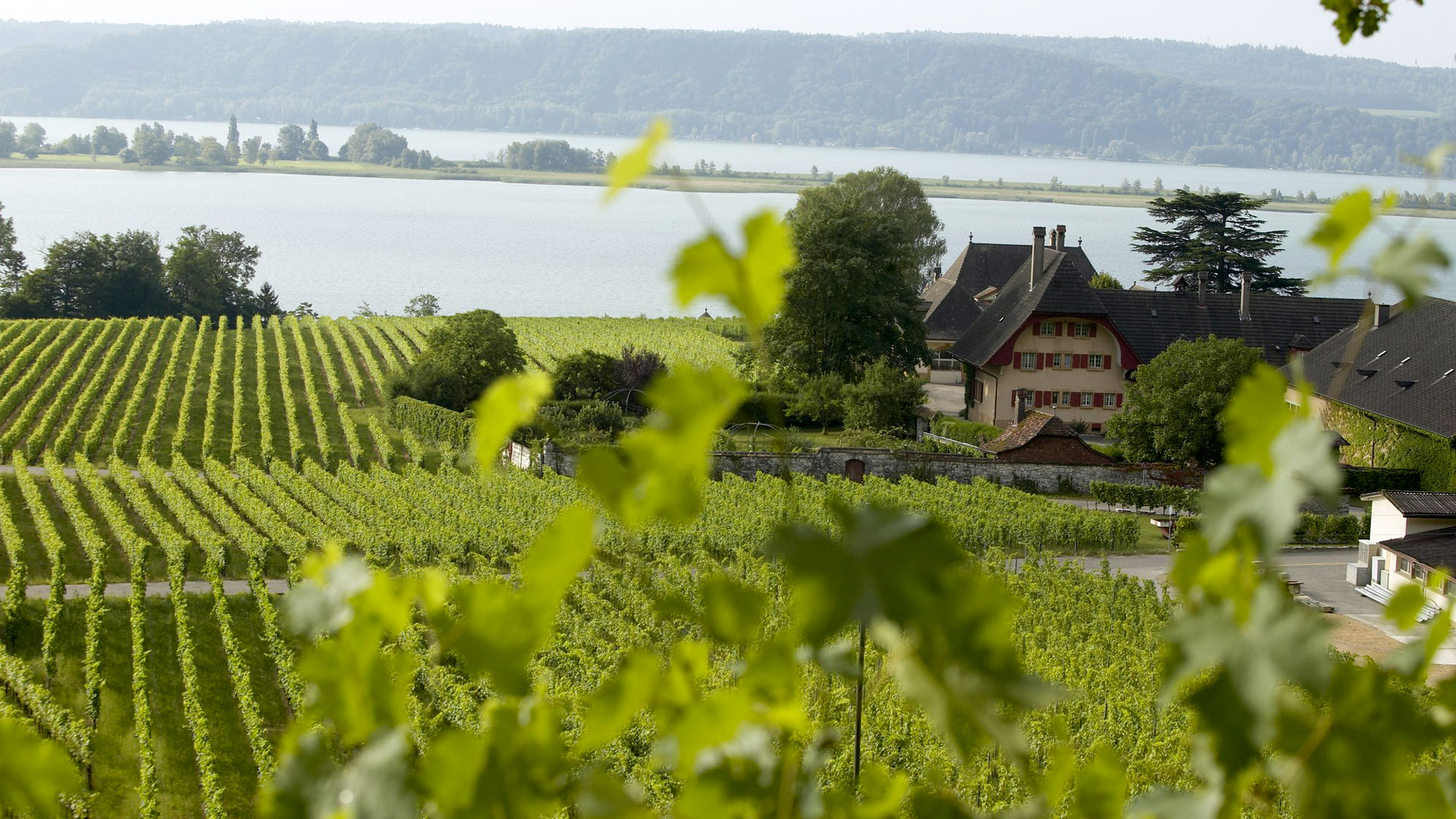The vineyards of the city of Bern – a historical legacy
The vineyards of the city of Bern are among the most traditional and important wineries in Switzerland. Vineyards have a significant influence on the regional wine landscape, not only by producing high-quality wines, but also by playing a decisive role in shaping the image of the surrounding area and the lives of local winegrowers. The vineyard was operated by the City and Republic of Bern as early as 1528 and was later transferred to the municipality of Bern in 1852 following the separation of estates. Today, the Rebgut Stadt Bern is the largest vineyard in the canton of Bern with around 20 hectares of vineyards.
The vineyards are picturesquely situated between La Neuveville, Schafis and Le Landeron, directly on the northern shore of Lake Biel. This privileged location on a limestone moraine of the Jura guarantees a perfect interplay of sun, lake and soil – the best conditions for high-quality wines with an unmistakable character.
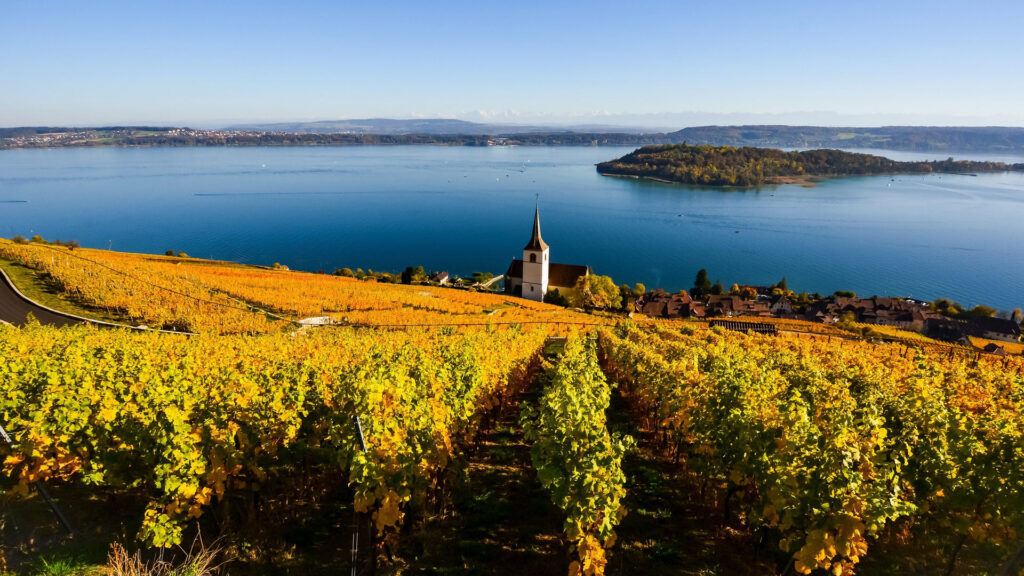
The winery of the vineyard is located in La Neuveville and is considered the heart of the wine production. Under the management of Hubert Louis, the team focuses on quality, sustainability and natural cultivation, which has been certified with the Bio-Suisse label since 2022.
With an annual production of up to 180,000 bottles, the Rebgut is one of the largest and most renowned wineries in the canton of Bern. Wineries such as this one make a significant contribution to shaping the local landscape and shape the daily lives of winegrowers in the region.
Family tradition and generations
At Rebgut der Stadt Bern, family tradition is not just a part of history, but a living present. The Louis family has shaped the Rebgut for generations and stands for continuity, passion and the highest quality in viticulture. Hubert Louis, the current head of production, grew up with the vineyard on Lake Biel. He discovered his love for the vines as a teenager and began his apprenticeship as a winemaker at the age of fifteen. Since 2000, he has been working as the manager of the vineyards of the city of Bern and is passionately committed to the further development of the wines.
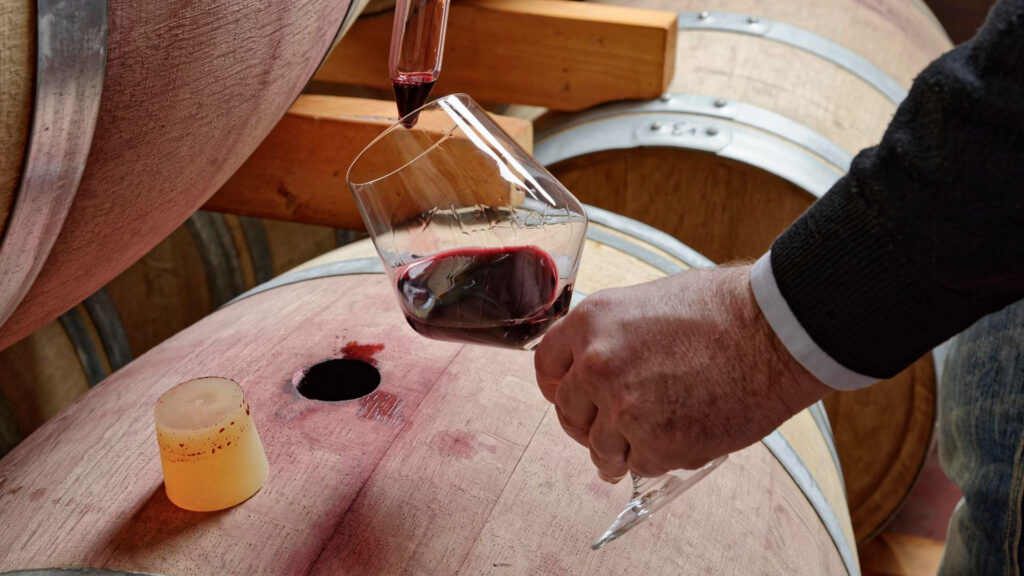
The Louis family’s connection to the vineyard goes back a long way: Hubert Louis’ father, grandfather and great-grandfather all worked in the vineyards between Schafis, Ligerz, La Neuveville and Le Landeron. This deep rootedness is reflected in every step of the work – from tending the vines to bottling. The family tradition will continue in the future, as one of Hubert Louis’ children has successfully completed his apprenticeship as a winemaker and is planning to study oenology. This means that the knowledge and passion for viticulture will remain in the family and secure the future of the vineyard.
The vineyards of the Rebgut der Stadt Bern benefit from the unique southern exposure on the shores of Lake Biel. The optimal conditions in the region ensure outstanding grape quality and give the wines their unmistakable character. With an annual production of up to 180,000 bottles, the vineyard is one of the largest and most renowned wineries in the canton of Bern.
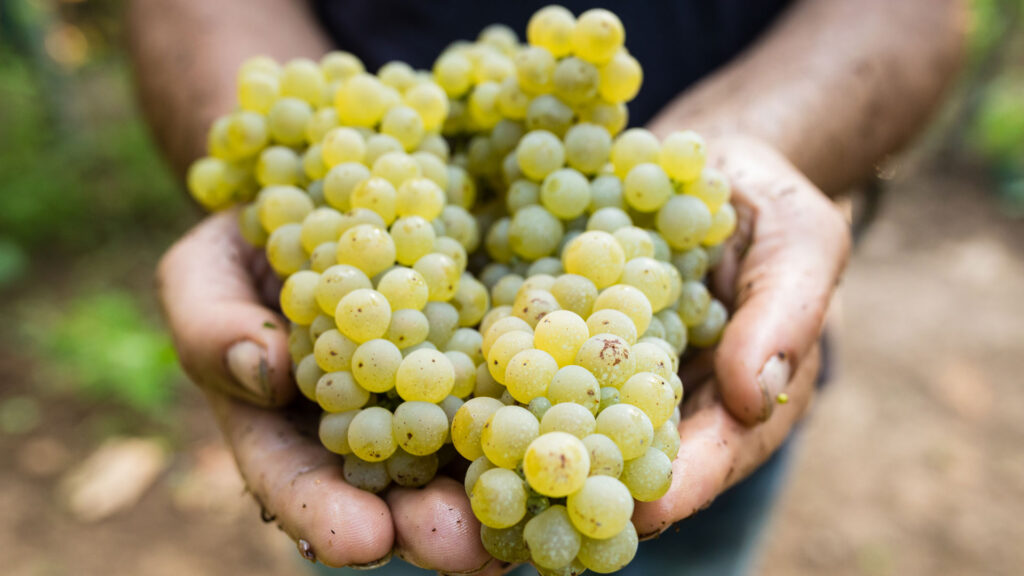
The history of the vineyard is closely linked to the city and republic of Bern. Following the division of the estate in 1852, the vineyard was handed over to the municipality of Bern and has been an important part of the region’s wine tradition ever since. The recent conversion to organic cultivation underlines the commitment of the Louis family and the entire team to sustainable quality and a successful future for the vineyard of the city of Bern.
Philosophy and quality
Rebgut der Stadt Bern stands for respectful cultivation of the vines and careful treatment of nature. The demand for quality runs through every step of the process – from pruning and harvesting to vinification. Hubert Louis and his team attach great importance to careful manual work in order to harvest the best grapes and thus lay the foundation for expressive, elegant wines.
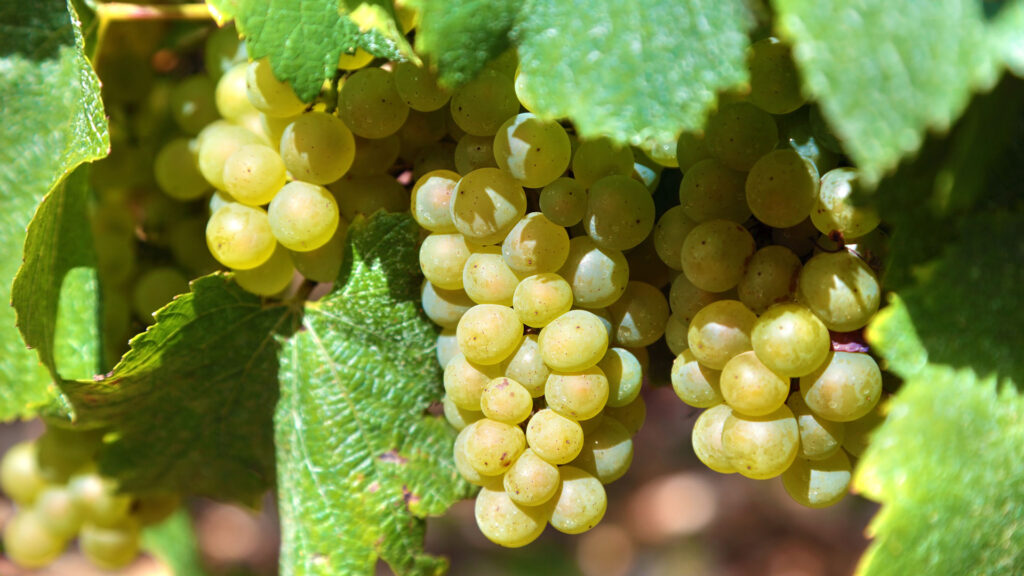
An important pillar of the philosophy is the cultivation of traditional varieties such as Chasselas and Pinot Noir, supplemented by modern approaches such as the introduction of fungus-resistant PIWI varieties. The aim is to ensure quality in the long term, while at the same time conserving resources and minimizing the impact on nature.
Wine assortment and specialties
The range of wines produced by Rebgut Stadt Bern is broad and extends from classic white wines to expressive red wines. One of the best-known wines is the Schafiser Chasselas Stadt Bern, a light, fruity white wine with notes of citrus and an elegant attack on the palate.
The Schafiser Pinot Noir AOC, an organic red wine, impresses with its clear, light color, a fine bouquet of raspberries and cherries and a balanced body – perfect for lovers of delicate, harmonious red wines.

Other specialties such as Pinot Gris, Chardonnay and Sauvignon Blanc are also produced in the vineyards of the city of Bern. Thanks to the optimal southern exposure and the limestone-rich soil, the grapes develop an impressive aroma that will delight any wine lover.
St. Peter’s Island and the vineyards around Schafis, La Neuveville and Le Landeron create a Mediterranean flair that inspires both the vines and the people and ensures outstanding vintages.
Viticulture and terroir
The vines grow on chalky soils, which give the wine freshness and minerality. Lake Biel creates a balanced climate that protects the grapes from frost and allows for a long ripening phase. This terroir shapes the wines from the vineyards of the city of Bern and gives them their typical aromas and harmonious character.
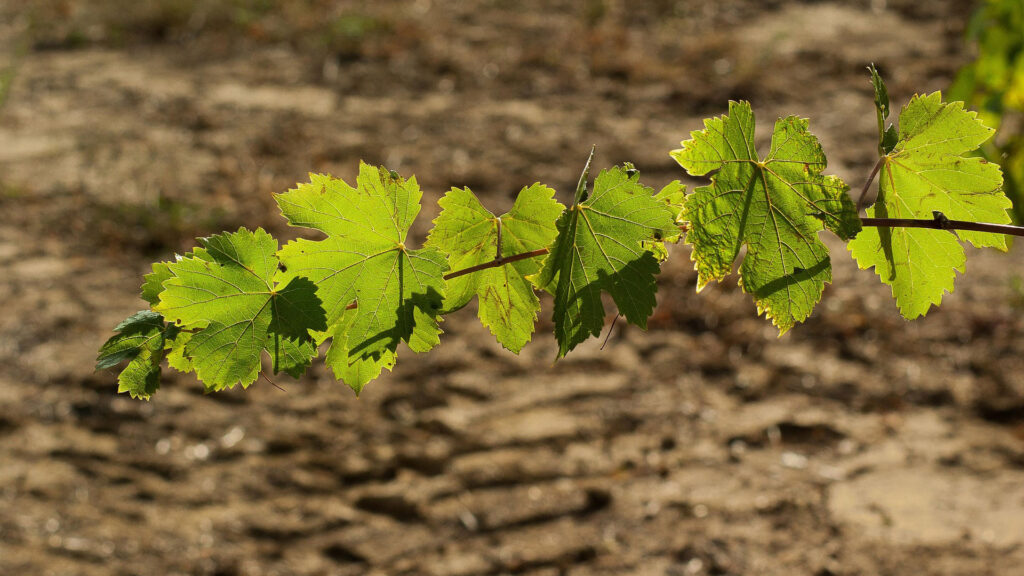
The approximately 20 hectares are cultivated organically – using sustainable methods that promote biodiversity and keep the soil healthy in the long term. The vineyards in Schafis, Schafiser and La Neuveville are considered a jewel of viticulture in the canton of Bern and stand for centuries of tradition at the highest level of quality.
Experience and visit
The Rebgut Stadt Bern invites wine lovers to experience this tradition up close. The winery in La Neuveville offers guided tours and tastings where visitors can learn more about the history, philosophy and wines of the vineyard.
The view over the vineyards and the Mediterranean impression of the landscape make every visit a special experience. Those interested can also buy the wines directly on site or conveniently add them to their shopping cart via the online store and have them delivered to their home.
Frequently asked questions about the Rebgut Stadt Bern
How big is the vineyard estate of the city of Bern?
The Rebgut Stadt Bern cultivates around 20 hectares of vineyards on Lake Biel, making it the largest vineyard in the canton of Bern.
Which wines are produced at Rebgut Stadt Bern?
Mainly Chasselas and Pinot Noir, supplemented by Pinot Gris, Chardonnay and Sauvignon Blanc – all characterized by the unique terroir.
Where is the winery of the Rebgut der Stadt Bern located?
The winery is located in La Neuveville on Lake Biel and forms the heart of wine production.
Is it possible to visit the vineyards of the city of Bern?
Yes, the Rebgut offers guided tours, tastings and events to provide insights into viticulture, history and philosophy.
Who manages the vineyards of the city of Bern?
Hubert Louis and his dedicated team cultivate and care for the vineyard in accordance with Bio-Suisse guidelines.

